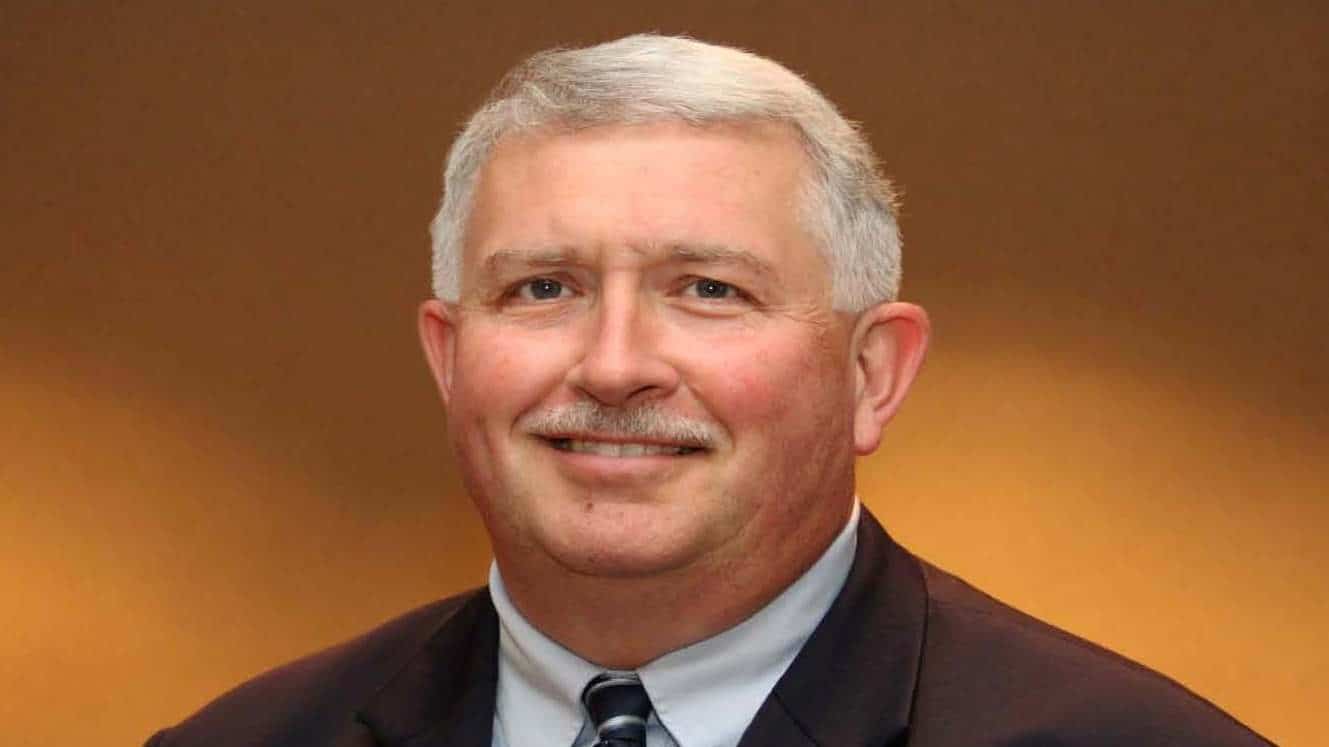Dedicated to helping the public understand more about science, technology and the innovation of food, Kent Schescke, Council for Agriculture Science and Technology (CAST) executive vice president, talks about the council’s objectives.
Seed World: Favorite film?
Kent Schescke: “Mr. Holland’s Opus.” I started my career as a high school agricultural science teacher and FFA advisor in north central Missouri. Many elements of that movie spoke to me as a teacher but also reminded me of some of the teachers I had in high school and the impact they have on students’ lives they may never know.
SW: If you could acquire any new skill, what would you choose?
KS: This probably sounds strange, but I have never played golf. It might be a good time to think about that.
SW: How did you come to work at CAST?
KS: After teaching for 14 years, I joined the National FFA Foundation and later the National FFA Organization where I spent 24 years in fundraising, management and later government and nonprofit relations. I first got acquainted with CAST in 1992 soon after I joined the FFA Foundation and had the opportunity to work with some of my CAST predecessors. When CAST was looking for a new executive vice president in 2014-15, I was intrigued about the role as it would allow me to continue my work with government agencies in D.C., but I could live in the Midwest.
SW: What area within CAST excites you most?
KS: Helping facilitate the communication of science, technology and innovation of food and modern agriculture that is often misunderstood, undervalued and attacked by a lot of people across our nation and around the world. CAST brings together brilliant scientists and excellent subject matter specialists to assemble, interpret and develop publications that make the science and technology more easily accessible and understood.
SW: What’s the latest thing CAST has been working on?
KS: We are always in the process of starting, working on or completing and releasing new publications. I am very proud of all of our publications but especially fond of some of our recent papers that addressed important topics such as genome editing, food loss and waste, animal welfare and biotech regulations impacting small businesses and universities. We have more than 20 papers in various stages of progress, each being developed by a task force of volunteer scientists and subject matter specialists. Some early stage papers we are just starting are about the impact of recruitment and retention of food animal veterinarians on the U.S. food supply and also a paper on ground and aerial robots for agricultural production, looking at the opportunities and challenges.











